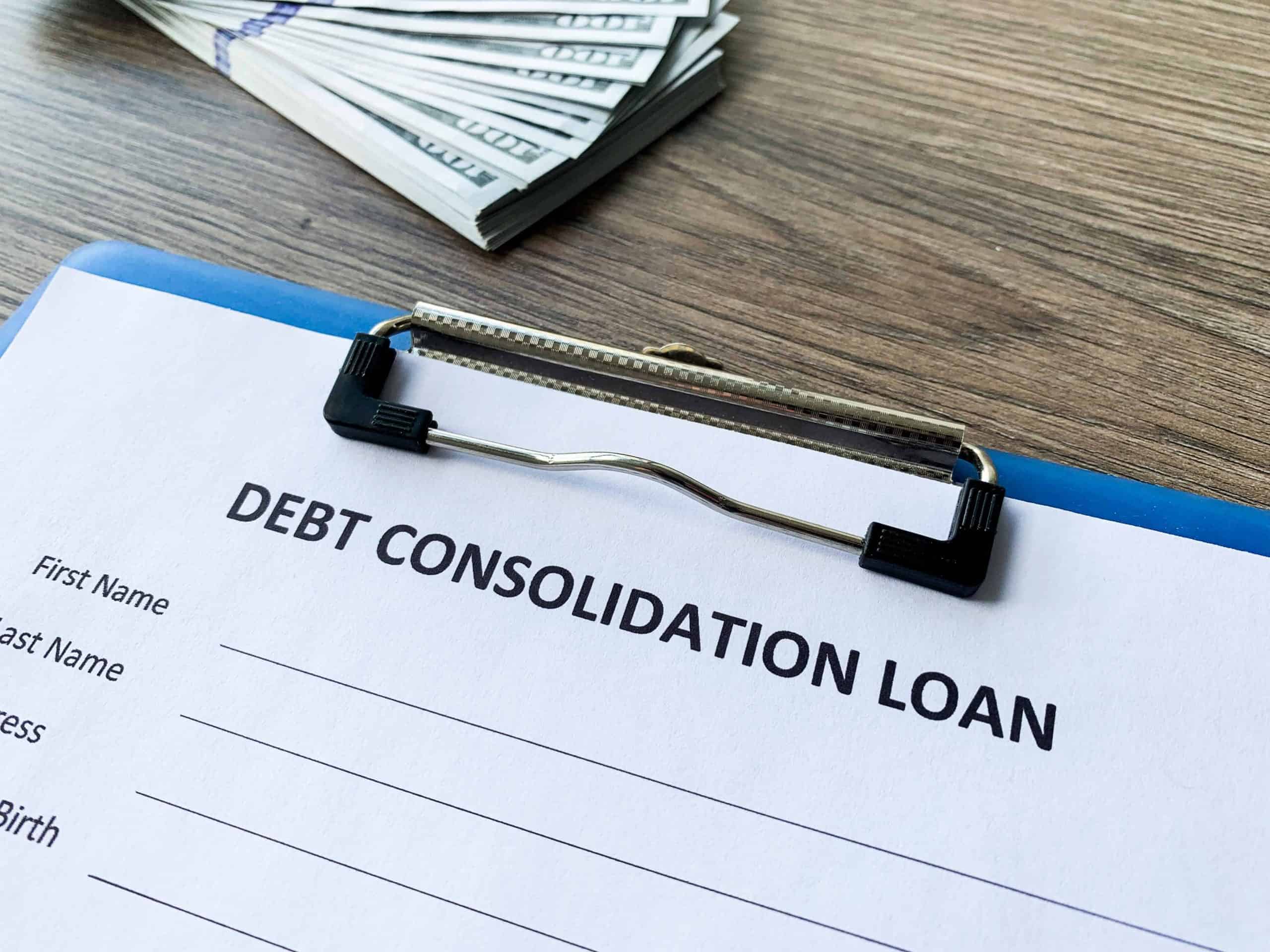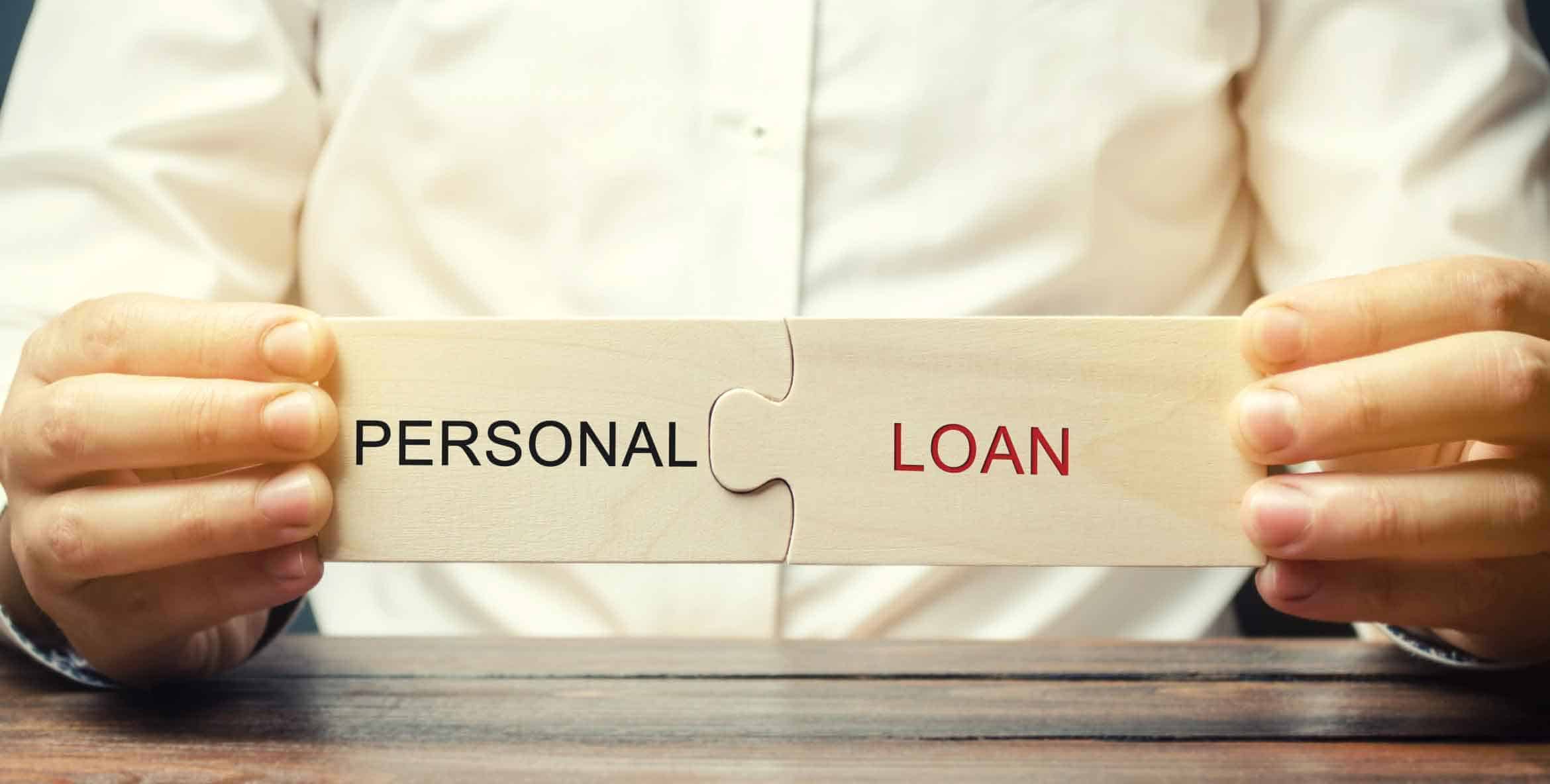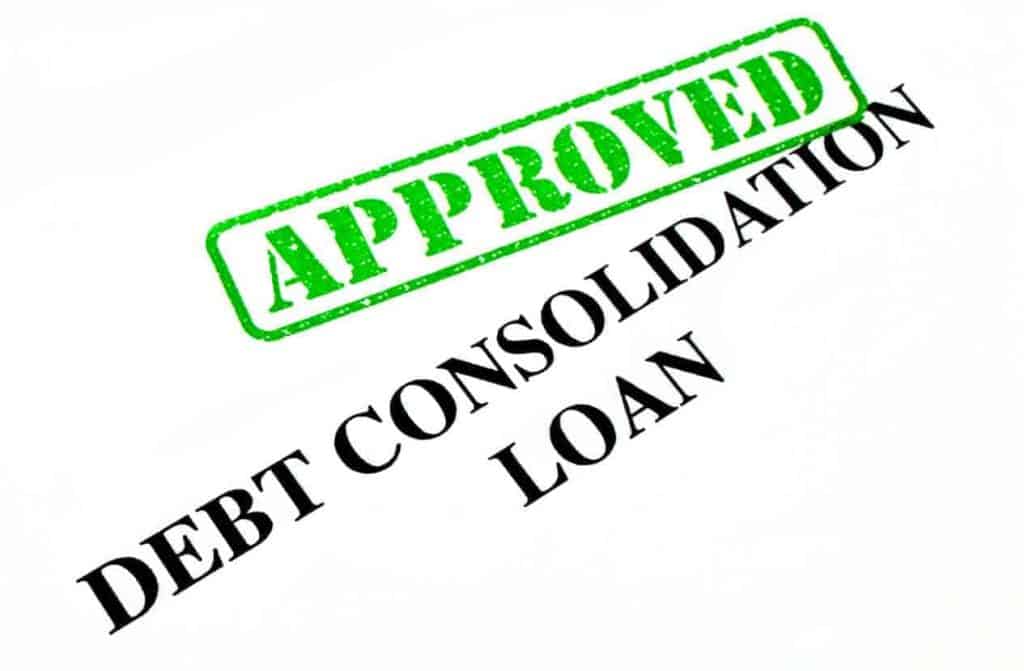When to Choose a Personal Loan to Consolidate Debt
Paying off debt, especially from credit cards, can be extremely stressful. If you have balances on several credit cards, it may feel like you’re constantly making payments. One option is to use a personal loan to consolidate your credit card debt, which can simplify your payments and reduce your interest.
Before taking out another loan, though, you should make sure it’s the right decision for you. Everyone is in a different financial situation, so a personal loan for credit card consolidation may or may not be a good choice for you. It’s important to understand how personal loans work, what the advantages are, and when they’re a good option for debt consolidation.
How Personal Loans Work for Debt Consolidation

Personal loans are a popular form of lending that provide borrowers with funding for a variety of purposes. One of the most common uses of personal loans is to consolidate debt from credit cards, medical bills, or other loans.
Keeping track of monthly payments on several maxed-out credit cards and other loans can be difficult. You can use the funding from a personal loan to pay off all of your other debts, so you only have to worry about the one monthly personal loan payment. The interest rate on a personal loan will also probably be lower than your credit card interest rate, so you’ll accrue less interest while you pay off the debt.
You can apply for a personal loan with a bank, credit union, or online lender. Like with other loans, the lender will ask for proof of identity and proof of income, and they will check your credit score before approving your application. All personal loans have different features, so you can shop around and compare rates to choose the best option. Some lenders offer direct payment, which means they will disburse your personal loan among all of your credit accounts to pay off your other debts.
Benefits of Personal Loans for Consolidating Debt
In many cases, using a personal loan for credit card consolidation is a wiser financial choice than keeping the debt on the cards. Here are some of the advantages of taking out a personal loan to consolidate debt:
One personal loan is simpler than several credit cards.
The more open credit accounts you have, the greater the chances are that you’ll forget about one of them and miss a payment. This will lead to late fees and derogatory marks on your credit report. It’s much easier to keep track of one monthly payment, so a personal loan may help to streamline your debt repayment plan.
A personal loan may have a lower interest rate.
The average credit card interest rate is around 20 percent. If you have several thousand dollars in credit card debt, you could accumulate hundreds of dollars per month in interest.
According to ValuePenguin, the average APR for a personal loan is 10.3 to 12.5 percent if your credit score is greater than 720. If your score is between 680 and 719, the average APR is 13.5 to 15.5 percent. For a credit score between 640 and 679, the average APR is 17.8 to 19.9 percent. Unless your credit score is in the 500s or low 600s, you should be able to save on interest with a personal loan.
A personal loan can boost your credit score.
Your credit utilization makes up 30 percent of your total credit score. If your credit cards are at or near their full utilization, your credit score may plummet. Using a personal loan to pay off your credit card balances will free up your utilization, which will boost your credit score. Having an extra account on your credit history can increase your score as well.
When You Should Get a Personal Loan to Consolidate Debt

Although there are many benefits to getting a personal loan to pay back credit card debt, it’s not always the right choice. You should carefully consider your own finances before you take out a personal loan. Here are some signs that a personal loan may be a good option for you:
You have a feasible plan to pay back your debt.
Before you open any new credit account, you should have a debt repayment plan. Transferring your credit card balances to a personal loan without a specific, achievable plan to pay off the debt will do nothing to help your financial situation.
First, you should determine how much per month you can pay toward the loan. This will help you decide whether you can afford the payments on the personal loan. If you can’t make the payments, you may end up accumulating debt on your credit cards once again.
Your debt is not out of control.
Personal loans are ideal for moderate debt, but they may not be the best solution for severe credit card debt. A good general rule is that if you can pay off the debt in five years, a personal loan is probably a wise choice. If it will take you longer than five years, a personal loan is unlikely to save you any money. NerdWallet also recommends consolidating debt only if your debt excluding your mortgage is less than 40 percent of your gross income.
You aren’t actively accumulating more debt.
Using a personal loan to pay off credit card debt won’t make the debt disappear. You should only take out a loan if you are no longer accruing debt and if you have a plan to repay what you owe. If you’re still spending more than you earn, you may be tempted to continue using your newly balance-free credit cards, leading to more debt.
Your credit score is fair or good.
Interest rates on personal loans vary widely depending on your credit score. While they typically will have lower interest rates than credit cards, a low credit score may make it difficult to get approved for one that will offer you substantial savings. Some lenders will only offer single-digit interest rates to individuals with credit scores of over 760.
Fortunately, if you make your credit card payments on time, your score should be high enough to get a personal loan with an interest rate lower than the rate on your credit cards. Some lenders will show you your loan interest rate before they perform a hard credit inquiry, so the application won’t hurt your credit score.
Is a Personal Loan for Debt Consolidation the Right Choice for Me?
Getting out of debt is difficult, but a personal loan may help you pay back what you owe more efficiently. Personal loans usually have lower interest rates than credit cards, and they can help you rebuild your credit score after accruing credit card debt. They don’t fix unhealthy spending habits, though, so you should only take out a personal loan if your spending is under control and you have a plan to pay back your debt within five years.
Have you ever used a personal loan to consolidate debt? Do you think it was a wise financial decision?


